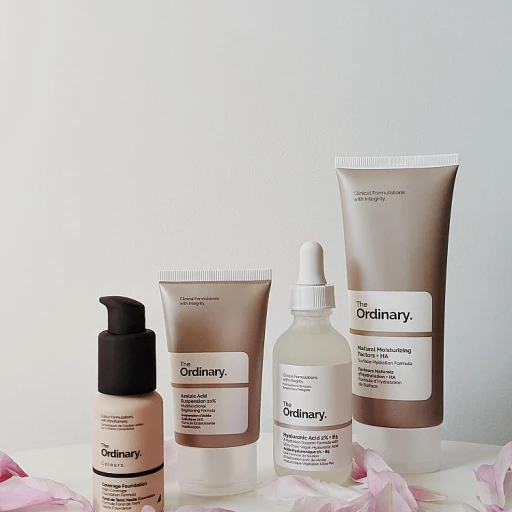
The Emergence of Ethical Elegance in High-End Beauty
Defining Ethical Elegance in the Luxury Beauty Space
The alluring world of luxury cosmetics is not just about the opulent packaging and the prestigious brands; it's increasingly about the provenance and impact of these tantalizing products. Industry giants and niche boutiques alike are redefining what it means to be a luxury beauty brand in the 21st century, with a strong focus on ethical sourcing and sustainability. According to a Nielsen report, 66% of global consumers are willing to pay more for sustainable goods, a figure that has been on the rise in the beauty sector, especially among Millennials.
Consumer demand for transparency and responsibility has led to a burgeoning trend known as ethical elegance. This refers to the seamless blend of high-end allure with responsible sourcing practices. The integration of ethically sourced ingredients is not just a marketing strategy but a core value that luxury beauty consumers are beginning to expect.
Examining Impactful Ingredients and Responsible Practices
Luxury cosmetic brands are diving deep into their supply chains to ensure that each ingredient is harvested with the utmost respect for the environment and local communities. The demand for cruelty-free, vegan, and organic ingredients has soared. In fact, Grand View Research reports that the global organic beauty market is expected to reach USD 25.11 billion by 2025, signifying the weight of this movement within the luxury sector.
Brands are not only sourcing materials that meet high ethical standards but are also implementing measures that champion fair labor practices and ensure fair compensation for workers. This transformation is rapidly setting a benchmark for the industry, with luxury beauty aficionados increasingly aligning their purchasing habits with their values.
Sourcing with a Story: Authenticity Resonates with Luxury Consumers
Today's luxury cosmetics are not just concocted in a lab; they come with compelling narratives. Ingredients that are ethically sourced often have unique stories associated with them – tales of exotic locations, community empowerment, and environmental stewardship. These stories resonate deeply with consumers, as reflected in a Statista report which found that 57% of U.S. women who use beauty products want to know the origins of the ingredients in the items they purchase.
By highlighting these narratives, brands in the luxury beauty space craft an authentic and personal connection with their audience, forging a bond that transcends the physical product. This deeper brand-consumer relationship is a powerful differentiator in the market – one that communicates not only luxury but also a dedication to doing good.
Behind the Scenes: Uncovering Ethical Sourcing in Opulent Formulas
The Transparency Trend Transforming the Cosmetics Industry
The realm of premium skincare and makeup is witnessing a burgeoning trend of transparency. As savvy consumers increasingly inquire about the origins of their coveted luxury cosmetics products, revered brands are responding with a show of integrity. According to a Nielsen report, 73% of global millennials are willing to spend more on a product if it comes from a sustainable or socially responsible brand. Ethical sourcing in the cosmetics industry is not just about being eco-friendly but also encompasses fair trade practices, ensuring the well-being of workers, and using cruelty-free ingredients.
Decoding the Ingredients of Sustainable Luxury
Diving into the essence of luxury cosmetics, it becomes apparent that ethical sourcing is a multifaceted challenge. For instance, mica, a mineral responsible for the shimmer in numerous makeup products, has come under scrutiny for the mining conditions associated with it. Luxury brands such as L’Oréal have pledged to source 100% natural-origin mica from verified sources by 2022. This commitment showcases a drive to maintain opulence in products without forsaking moral responsibility – a sentiment echoed within market research indicating that 66% of consumers are looking for sustainably sourced materials in their makeup.
Advancing Beyond Conventional Beauty Standards
Moving beyond just clean ingredients, luxury cosmetic brands are redefining beauty norms by incorporating ethical sourcing into their narrative, thereby resonating with a discerning clientele. An exemplary beacon of this evolution is the prestigious brand Chantecaille, which not only ensures ethically sourced ingredients but also actively contributes to wildlife conservation. In a striking blend of magnificence and morality, their philanthropy-infused collections have garnered immense consumer admiration, aligning with statistics that 87% of consumers have a more positive image of a company that supports social or environmental issues.
Amplifying the Ethical Elegance Narrative
As the compass of consumer values shifts towards ethical considerations, storytelling becomes a potent tool for luxury brands. Compelling narratives that combine sumptuous experiences with ethical assurances are becoming signature selling points. REN Clean Skincare embeds its commitment to clean, sustainable beauty into every aspect of its business model – from responsibly sourced ingredients to eco-friendly packaging. This approach is crucial as 52% of consumers check product packaging to ensure sustainable practices. Collating these elements into a cohesive brand story fortifies consumer trust and elevates the brand’s prestige in a market flooded with opulent offerings.
Consumer Spotlight: The Shift to Mindful Purchases in Beauty Luxury
The Rise of Conscious Consumerism in the Luxury Cosmetic Sphere
In recent years, the luxury cosmetics market has seen a significant pivot toward ethical and sustainable practices, a trend largely driven by the discerning tastes of its consumers. Luxury beauty buyers are not only indulging in high-quality products but are increasingly examining the origins of their cherished makeup and skincare items. According to a 2021 report from Grand View Research, the global organic beauty market is projected to grow at a compound annual growth rate (CAGR) of 4.3% from 2021 to 2028. This burgeoning segment illustrates a clear shift as customers make more mindful purchases, seeking transparency and sustainability in their preferred luxury brands.
Decoding the Demand: What Drives Luxury Consumers Toward Ethical Choices?
- Increased awareness of the environmental impact of beauty products
- The allure of clean ingredients and cruelty-free promises
- A growing sense of responsibility towards social and ethical issues
- The prestige of aligning with brands that reflect personal values
This change reflects a broader trend identified by a Nielsen survey, which found that 73% of global millennials are willing to spend more on a product if it comes from a sustainable or socially conscious brand. Indeed, the call for ethical sourcing resonates strongly with luxury cosmetic enthusiasts who are playing a pivotal role in championing these values.
Spotlight on Signature Experiences: How Ethical Sourcing Enhances Brand Loyalty
The integration of ethical sourcing has become a signature experience for many luxury cosmetic brands, enhancing customer loyalty and setting them apart from competitors. "Purchasing power is a vehicle for change," mentioned by an industry expert in a beauty panel. In aligning with ethical practices, consumers often feel a deeper connection to their luxury cosmetic choices. A survey from Cone Communications highlighted that 87% of consumers are more loyal to a company that supports social or environmental issues, validating the notion that ethics can serve as a cornerstone for brand success in the luxury cosmetics industry.
The Power Players: Brands Setting the Bar for Ethical Opulence
The Trendsetters of Ethical Luxury
Leading the charge in the fusion of luxury with ethics, brands like Gucci Beauty and La Mer stand out with their commitment to sustainable practices. A remarkable 78% of consumers prefer to buy ethically sourced products, according to a 2022 Global Consumer Insights Survey. Gucci Beauty, known for its exquisite packaging and potent formulations, has recently emphasized its use of sustainable ingredients and recyclable materials. On the other hand, La Mer's legendary skincare line prides itself on its meticulously hand-harvested sea kelp, showcasing a perfect blend of luxury and stewardship of the marine ecosystem.
Charting New Territories in Conscious Opulence
Chanel's Sublimage is a textbook example of luxury meeting social responsibility. With their Vanilla Planifolia PFA, an ethically sourced ingredient central to the Sublimage line, Chanel has set a new benchmark in high performance coupled with ethical sourcing. Industry reports suggest a surge in demand for organic cosmetics, expected to reach $48.04 billion by 2025. Chanel's investment in its own open-sky laboratories in Madagascar is both a strategic move and a testament to their dedication to sustainable luxury.
Embracing Green Science Without Sacrificing Glamour
Amorepacific is another luminary in the fusion of high science and high ethics. Its commitment to green tea fields in Jeju Island not only preserves the purity of this potent antioxidant but also demonstrates the brand's commitment to biodiversity. With the luxury beauty market projected to grow from $53 billion in 2020 to $81 billion by 2025, according to a report by Fortune Business Insights, Amorepacific's focus on eco-friendly practices supports this upward trend, ensuring that luxury cosmetics are synonymous with environmental consciousness.
Advancing the Narrative of Sustainable Indulgence
Drunk Elephant's philosophy of 'Clean Compatible' is reshaping consumer expectations around luxury cosmetics. As quoted by their founder, "We are as much about what's in our products as what's not." This sentiment echoes the rising trend for 'clean beauty', which represents a $22 billion market. Ensuring their high-end formulations are free from 'Suspicious 6', the brand exemplifies how luxury can be achieved through a meticulous selection of ingredients that are both safe for the skin and ethically procured.

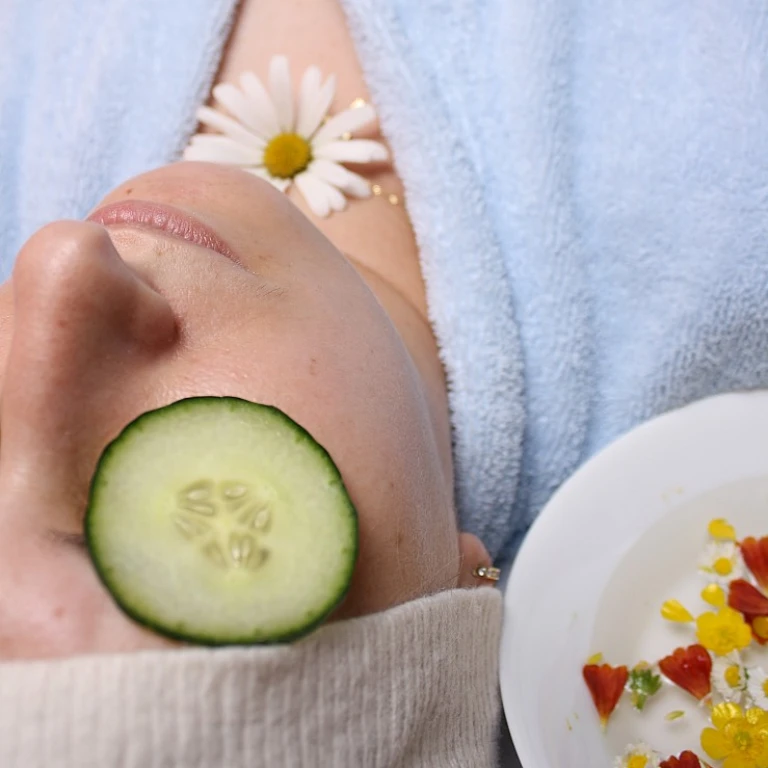
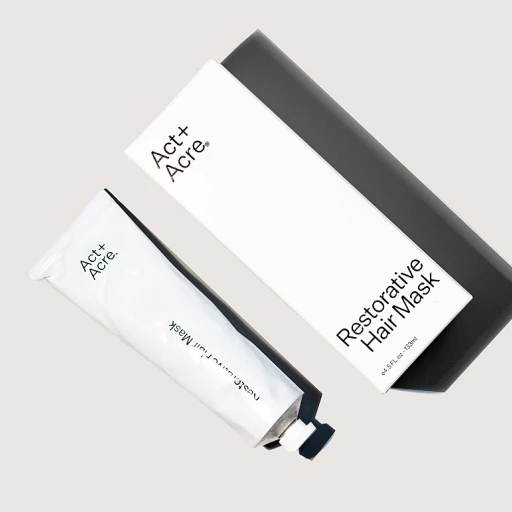
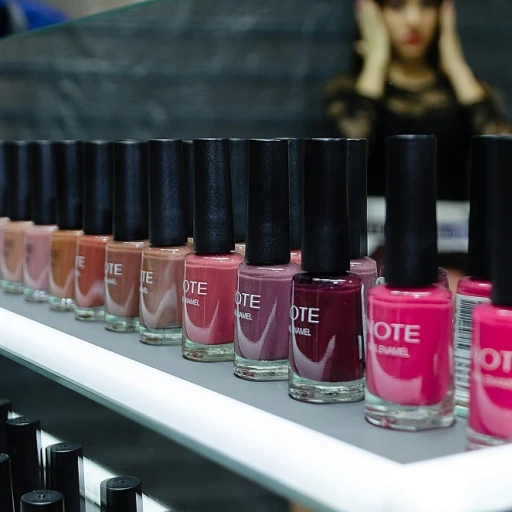
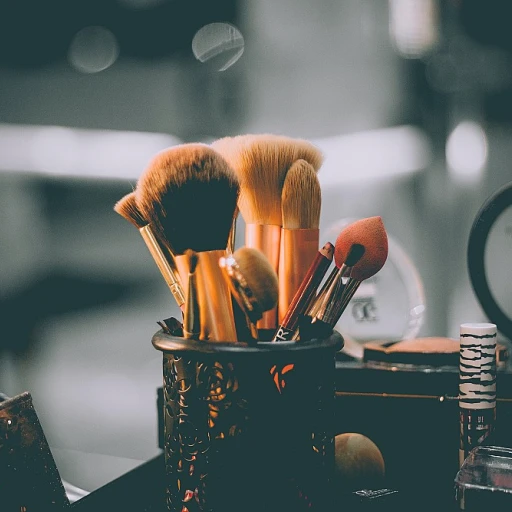
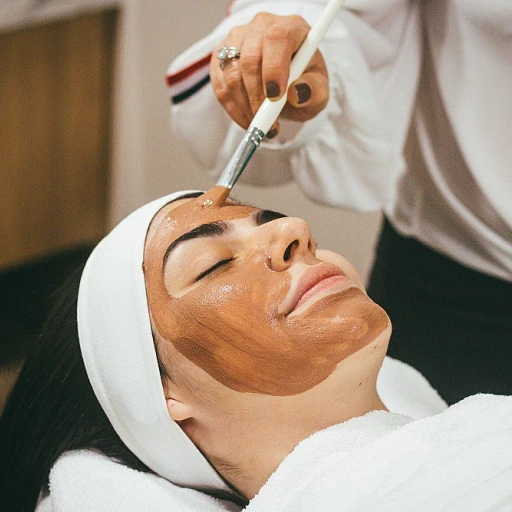
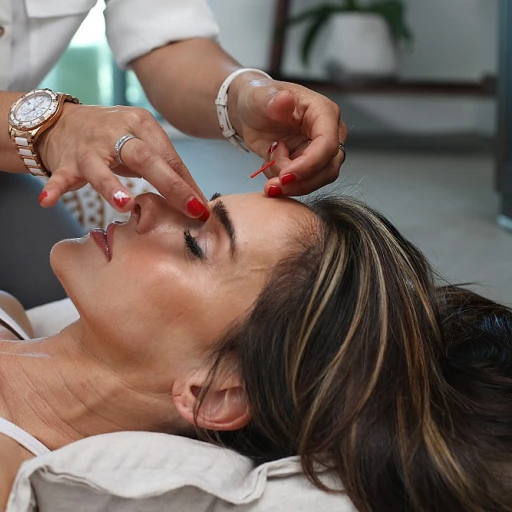
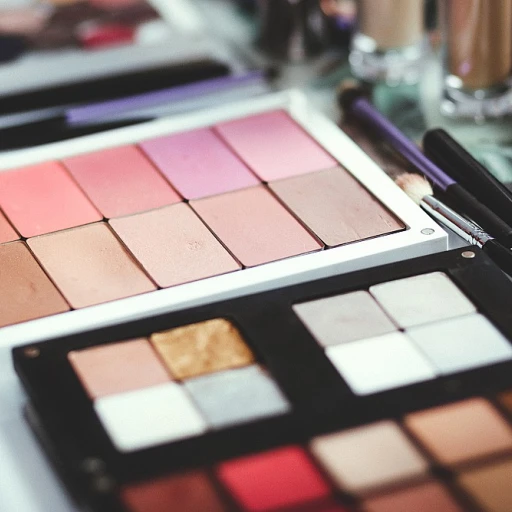
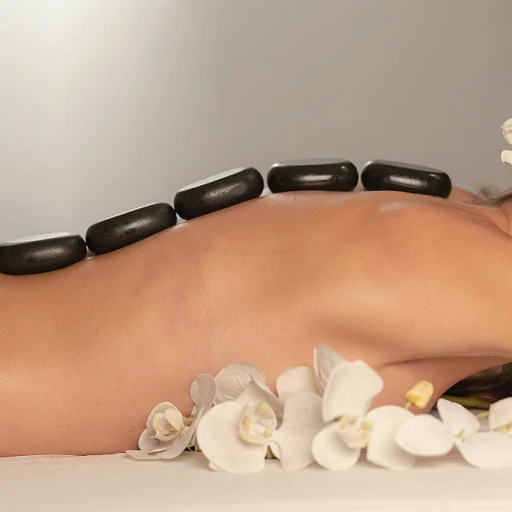
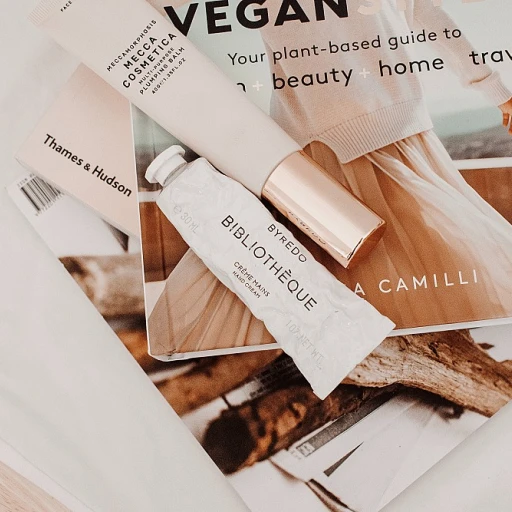

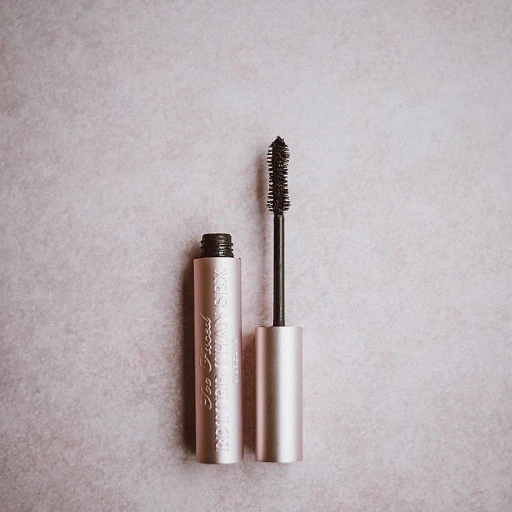
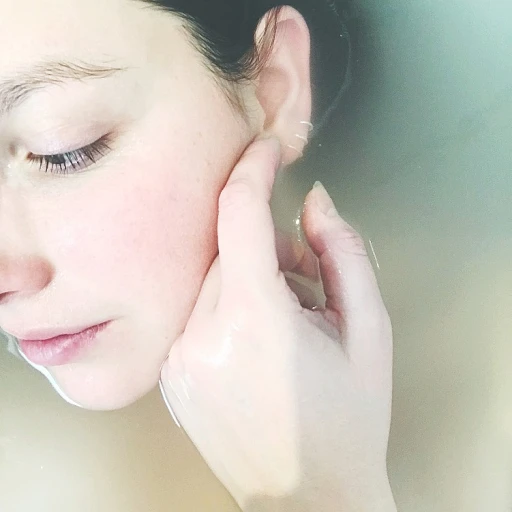
-large-teaser.webp)